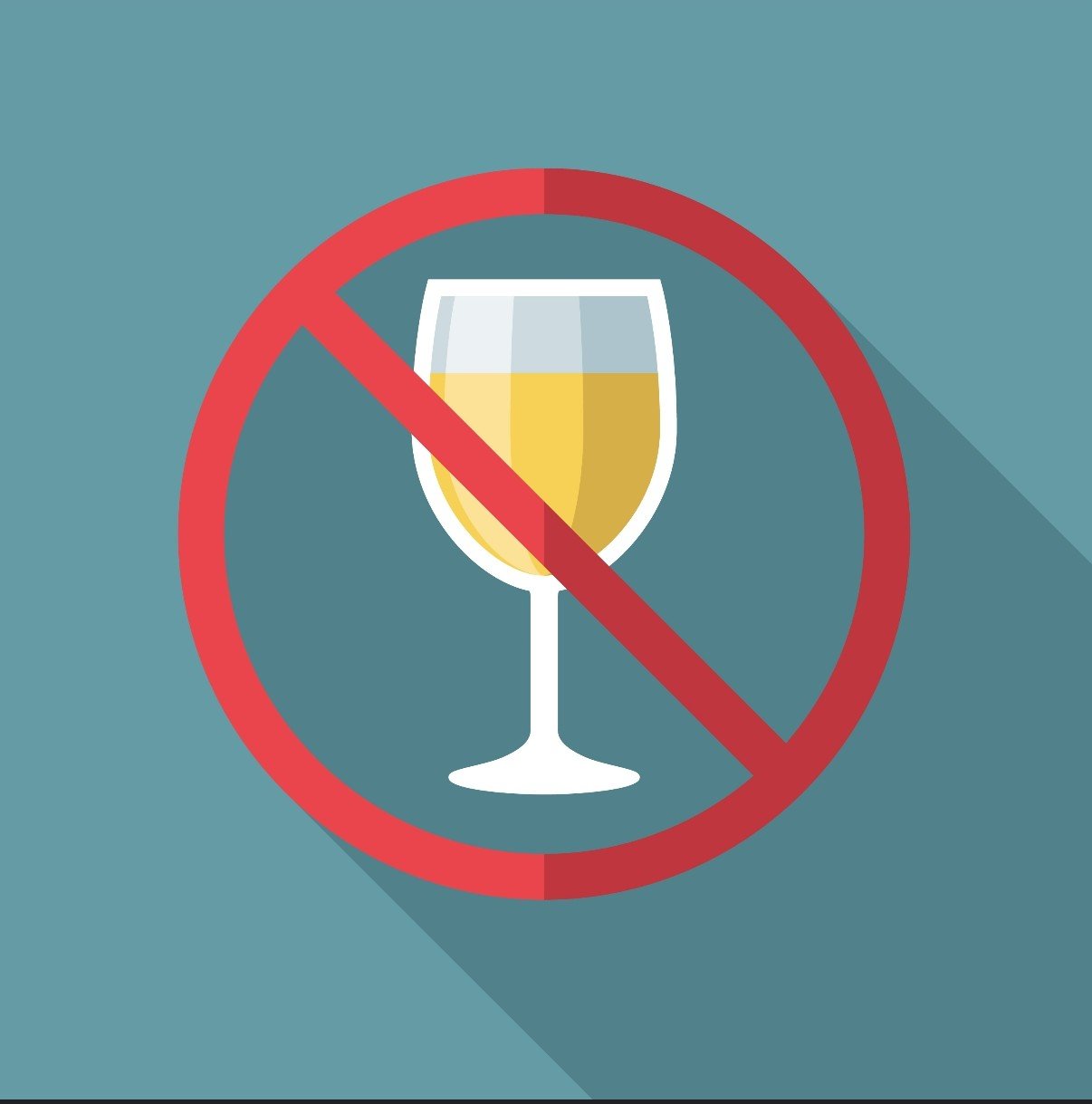In my home town I started a dual diagnosis group (for this with substance abuse and mental illness) and I wanted it to be based on DBT (Dialectical Behavioral Therapy) as I think its unique and can offer help in ways AA cannot. To start this program I spent a manic winter reading DBT books. I’ve found this book to be the most approachable and after almost a year of running the program I’ve found other agree. Good luck and good skill, I will not drink with you today. Remember to take your meds


When you read up on the history of AA, the original “higher power” was psychoactives:
https://www.inverse.com/mind-body/alcoholics-anonymous-lsd-bill-wilson
That lead to AA, but what actually “cured” Bill W was LSD, because it messes with pattern recognition in our brains and can literally “break” the cycle of dependency.
But by that point AA was already up and running and in control it other people. People who didn’t want a permanent cure. They wanted lifelong members to the program.
Modern AA won’t fix the underlying reason people abuse alcohol, it just replaces alcohol with the meetings.
The root problem is depression, and depression is a rational response to modern society, because modern society is fucked.
I think I agree to some extent, but I do think that AA can help in a way that’s helpful. There is value in any form of sobriety and if AA does replace the alcohol it does allow the brain time to rewrite neuro pathways. Obviously I agree that AA is lacking in it’s breadth of working on the underlying issues such as trauma and mental health. I however find that my standpoint is if something is working for someone and is helping their life get better I’m not going to tell them they’re doing sobriety wrong.